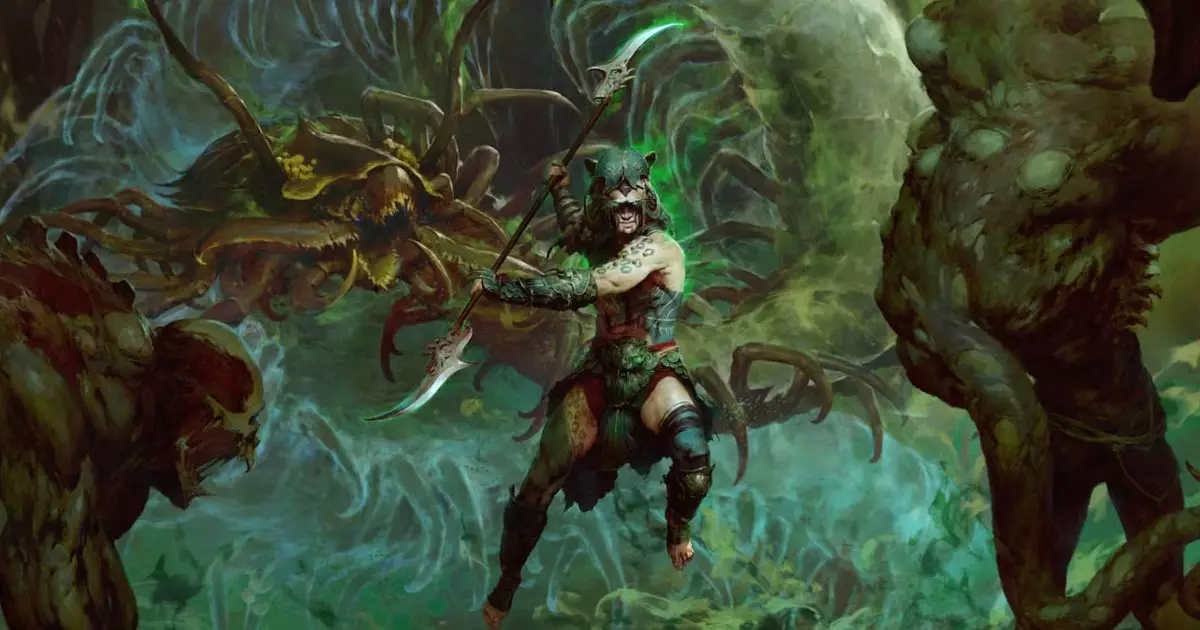The term ‘Action RPG’ (ARPG) can elicit a mix of confusion and contention within gaming communities. Variations in interpretation highlight how complex and diverse this genre really is. For players, ARPGs often conjure images of fast-paced gameplay, combined with character progression and loot systems. Examples such as *Diablo 4* and *Path of Exile* showcase the high-energy mechanics that dominate the genre, emphasizing real-time battles and interconnected gameplay systems. Yet, others may associate the term with games like *The Legend of Zelda*, which also integrates action and role-playing elements but maintains a fundamentally distinct approach. This duality illustrates how a single genre label can encompass vastly different gameplay experiences.
The ambiguity surrounding the label ‘Action RPG’ led to industry discussions, notably prompted by Rod Fergusson, a prominent developer who suggested categorizing games following the *Diablo* template as ‘Diablo-likes.’ While such a classification brings clarity to the conversation, it also invokes challenges. Specifically, it implies a hierarchy within the genre painted by *Diablo’s* esteemed reputation. This move may be perceived as linguistic imperialism, where a successful franchise imposes its identity on other games that share similar attributes. The backlash from the gaming community reflects a growing concern regarding the preservation of creative identities and the influences of major franchises.
Fergusson’s philosophy resonates deeply, as the gaming lexicon is often cluttered with terms like ‘Souls-like’ and ‘Rogue-like’ that emerge from notable gaming experiences. Yet, the suggestion of using ‘Diablo-like’ raises uncomfortable implications, encompassing not only similarities in gameplay mechanics but also a certain level of scrutiny regarding quality. The debate over whether each subset is as worthy as the original often invokes defensive sentiments from developers and fans alike.
In endeavors to dissect the essence of ARPGs, one must consider the characteristics that differentiate them. If an RPG features dynamic, action-oriented gameplay that resembles action titles, it fits the definition of an ‘Action RPG.’ Conversely, a game heralded primarily for its action yet laced with RPG elements straddles this categorization. This places franchises like *Diablo* in a unique role, creating confusion and challenging developers to clearly articulate their design philosophies.
With this muddled nomenclature, one wonders about the consequences on gaming culture. Will the adoption of terms like ‘Diablo-like’ unfairly pigeonhole innovative games attempting to carve their own niche? Or will it bring about essential clarity in an increasingly eclectic genre that is already expansive? These inquiries challenge developers to brace themselves against the tide of classification while encouraging players to cultivate an appreciation for the myriad experiences available in the world of Action RPGs.
As we navigate these waters of genre classification, it’s essential to recognize the importance of each game’s individuality. The ongoing dialogue around terms such as ‘ARPG’ and ‘Diablo-like’ signifies more than just a semantic discussion; it reflects the evolving nature of gaming itself. With ever-advancing technology and shifting player expectations, designers must also adapt. Ensuring that creativity isn’t smothered by the weight of legacy or expectation will be crucial for the future of action RPGs—a journey rich with potential waiting to be explored.


Leave a Reply
You must be logged in to post a comment.